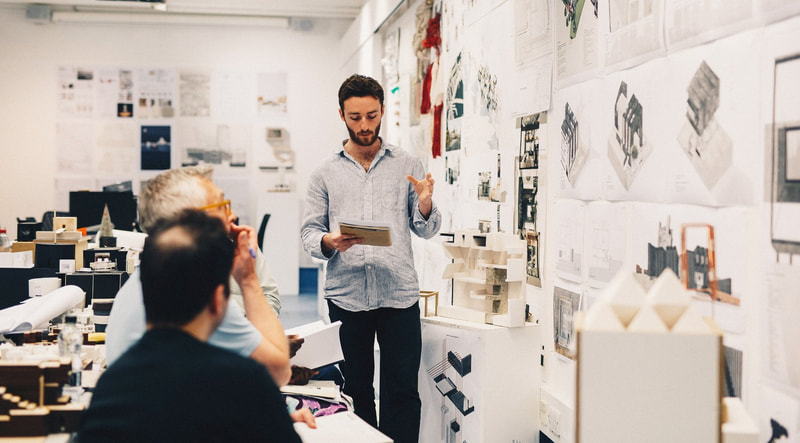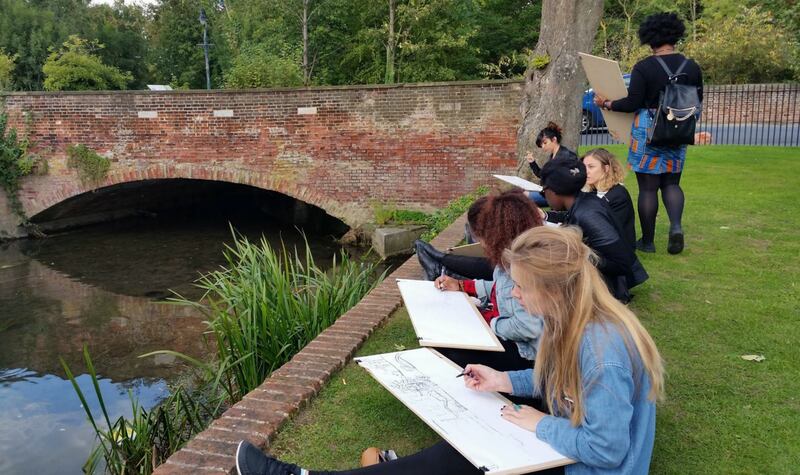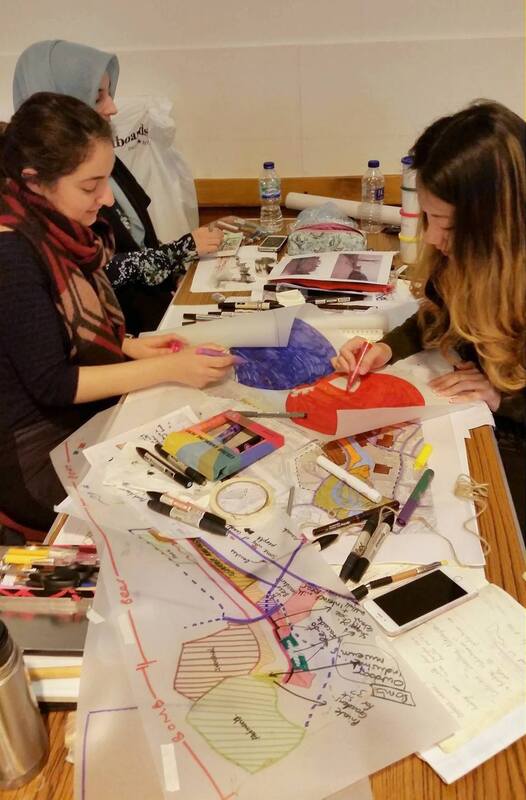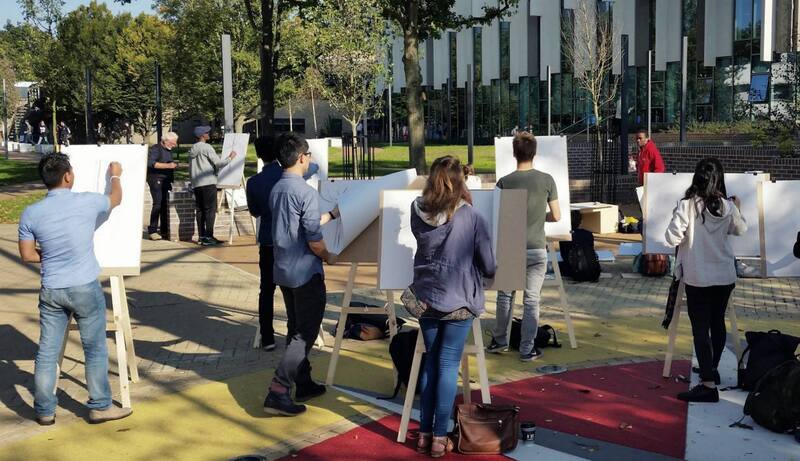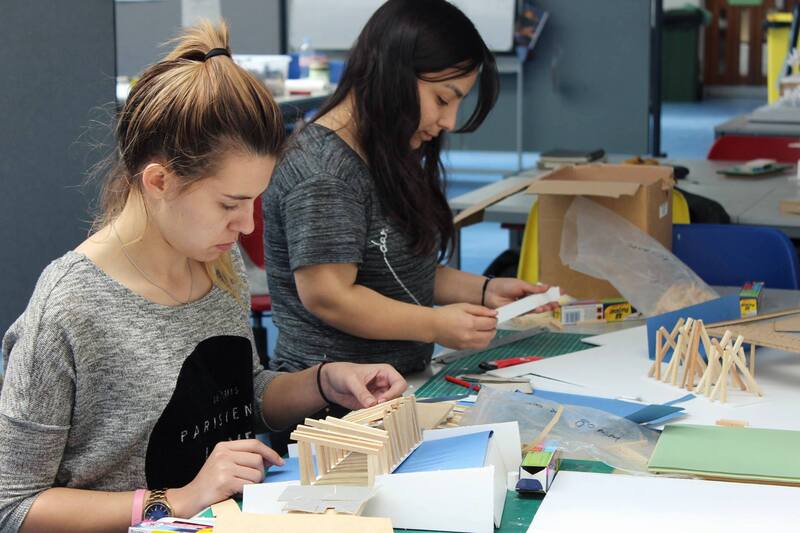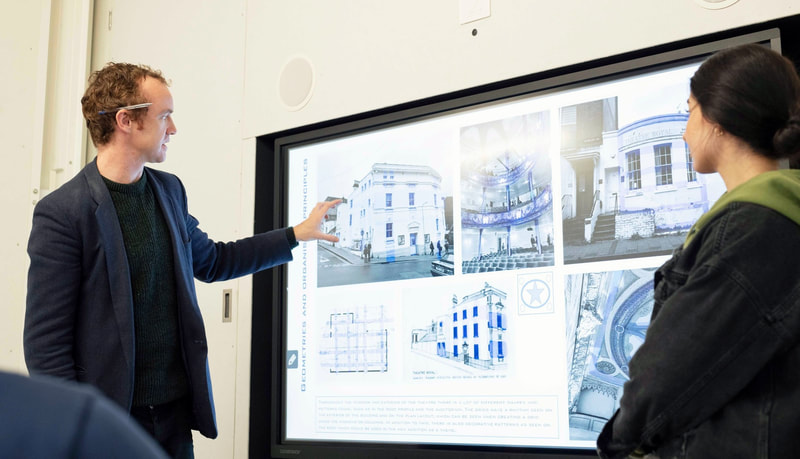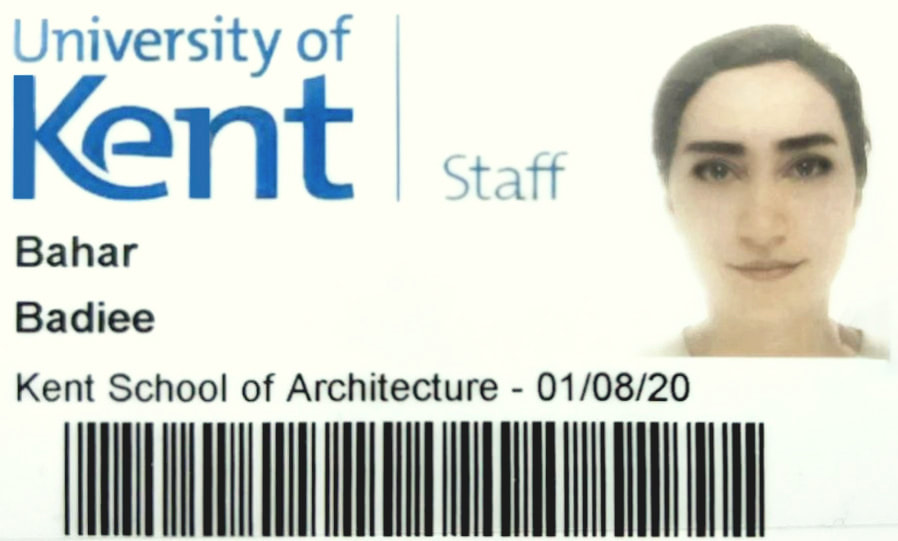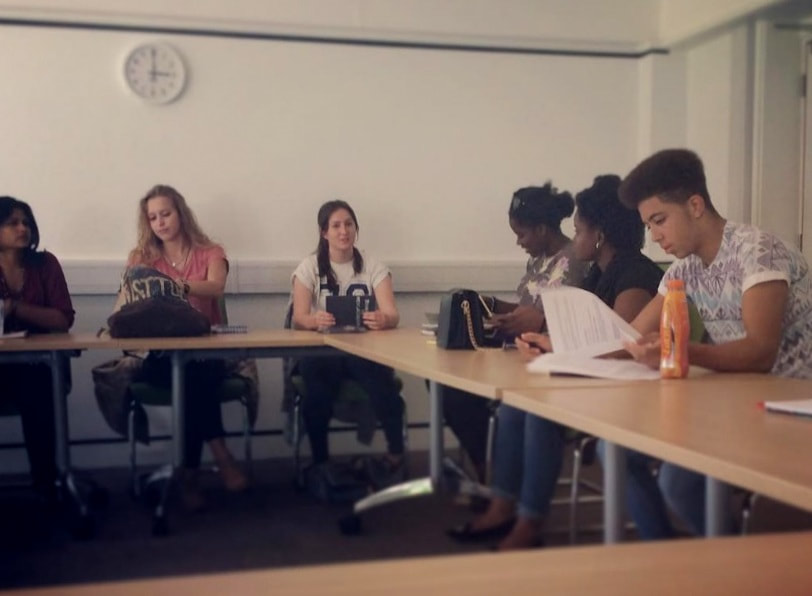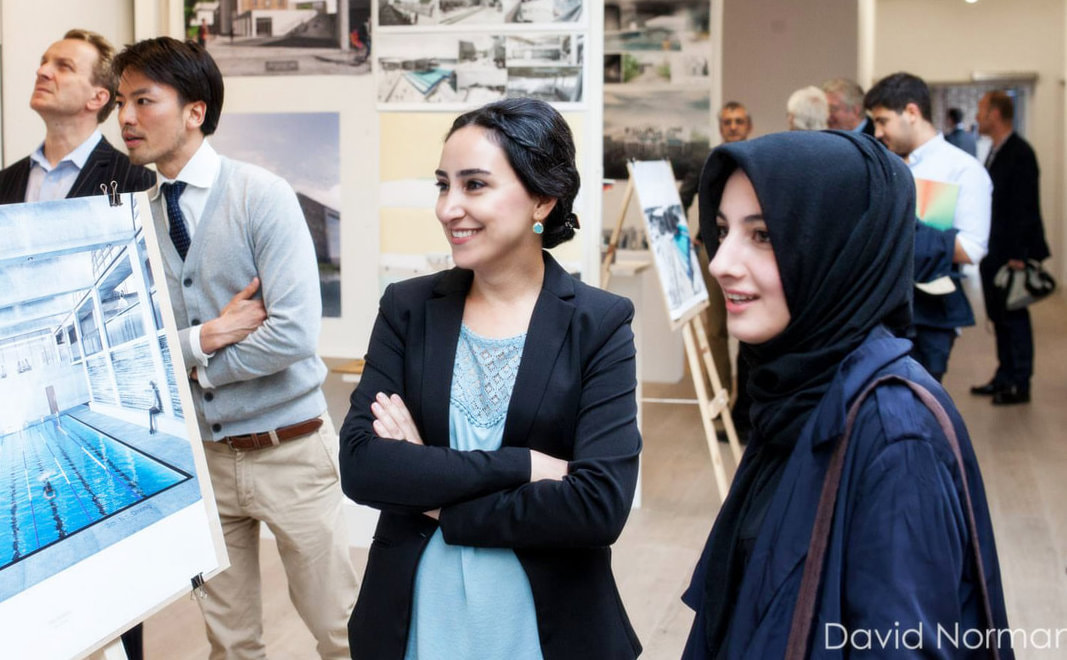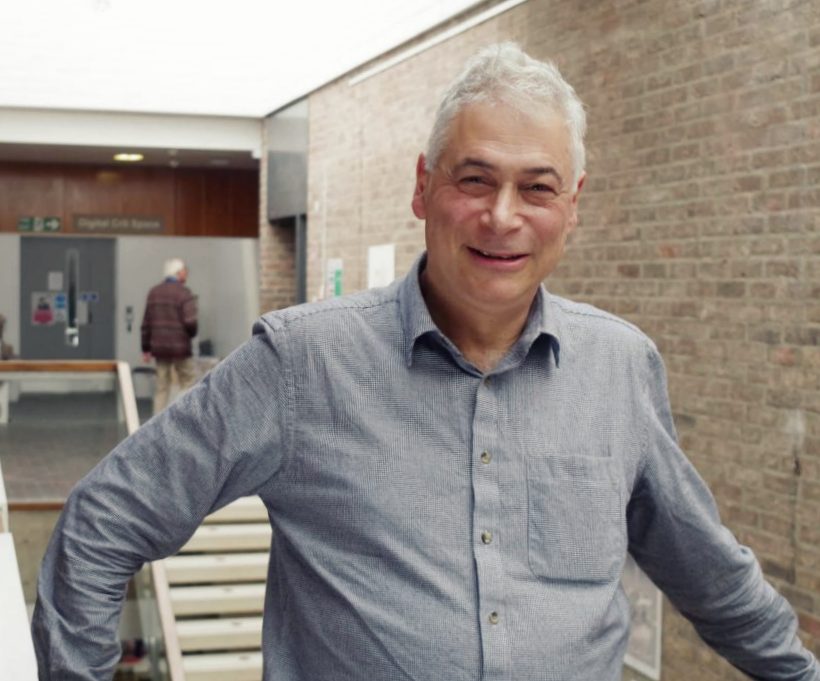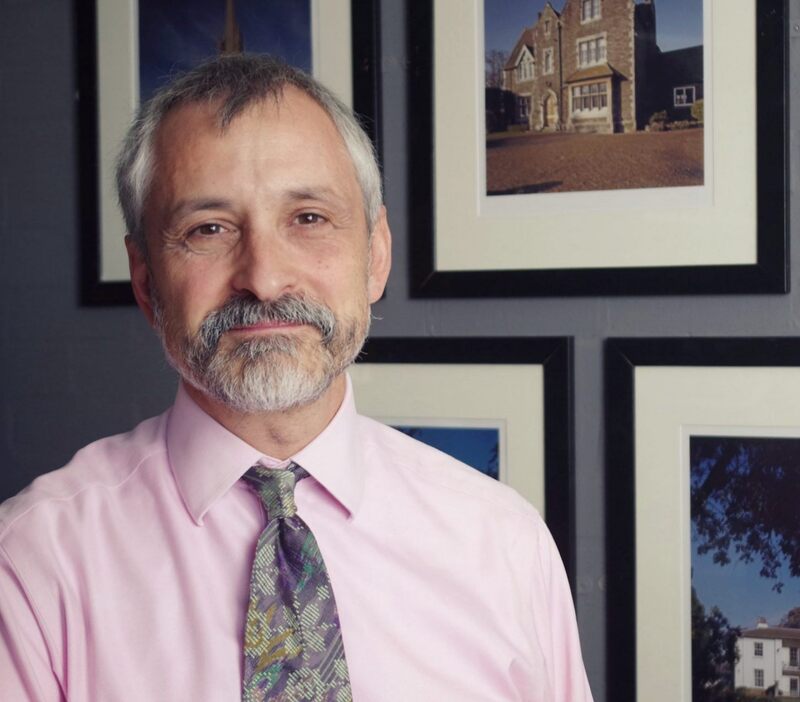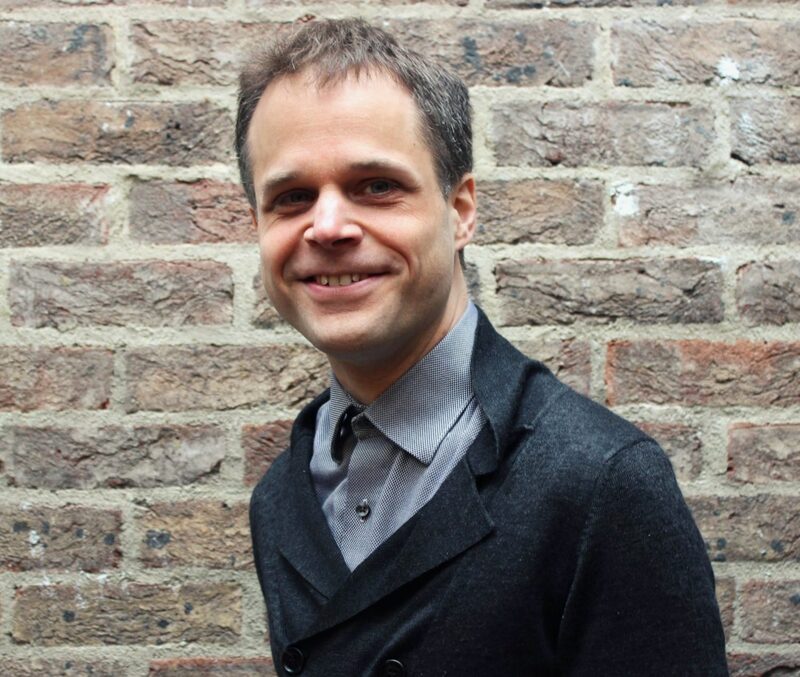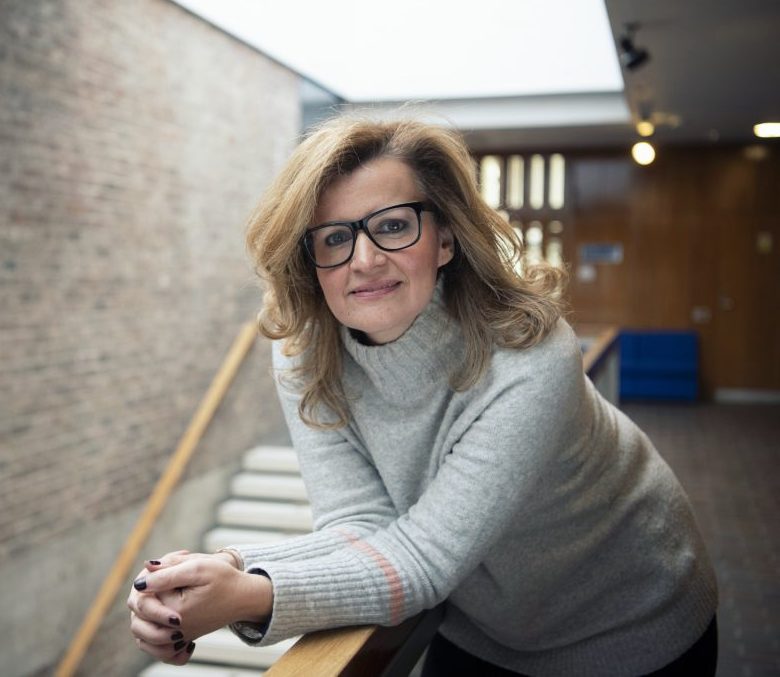Kent School of Architecture, Design and Planning - University of Kent, Canterbury, England - August 2015 to August 2016
The Kent School of Architecture, Design and Planning (University of Kent in Canterbury) offers a renowned architecture program known for its innovative approach and commitment to fostering creativity and critical thinking in the field of architecture. The program combines a strong theoretical foundation with hands-on design studio experiences, allowing students to explore architectural concepts, sustainable design practices, and urban planning principles. With access to state-of-the-art facilities and a diverse faculty of experienced architects, the University of Kent's architecture program provides students with a comprehensive education that prepares them for careers in architecture, urban design, and related fields, while also encouraging a global perspective and a deep understanding of the built environment.
Securing your inaugural teaching position in academia is a defining moment, accompanied by a myriad of feelings. This role not only offers a chance to give back to the scholarly community and motivate upcoming generations but also paves the way for your personal academic and career progression. During my Ph.D. journey at the University of Kent, I was privileged to be appointed as an assistant lecturer. In this capacity, I facilitated seminar sessions on the English Renaissance, engaging with a diverse cohort of students representing 24 distinct nationalities. This experience was immensely gratifying.
Taught Courses
Renaissance to Neoclassicism
August 2015 - August 2016
This course addresses the developments in architecture from the early fifteenth century to the beginning of the nineteenth century. The underlying conditions of the movements known as Renaissance, Mannerism, Baroque, Rococo and Neo-classicism are addressed and relevant buildings, objects of art, architectural texts and dominant narratives are studied. The lectures focus on topical episodes, providing introductions and summaries to the general themes of architectural history, as well as to the writing of the essay upon which this course is examined. The lectures are followed by seminar discussions in groups dealing with all aspects of the course.
August 2015 - August 2016
This course addresses the developments in architecture from the early fifteenth century to the beginning of the nineteenth century. The underlying conditions of the movements known as Renaissance, Mannerism, Baroque, Rococo and Neo-classicism are addressed and relevant buildings, objects of art, architectural texts and dominant narratives are studied. The lectures focus on topical episodes, providing introductions and summaries to the general themes of architectural history, as well as to the writing of the essay upon which this course is examined. The lectures are followed by seminar discussions in groups dealing with all aspects of the course.
Gratitude - Undoubtedly, the significance of exceptional mentors in shaping one's future and their respective fields cannot be overstated. Their impact transcends the mere transmission of knowledge; they serve as a wellspring of inspiration, guidance, and empowerment for the upcoming generations of professionals and scholars. Effective mentors among professors provide invaluable insights, nurture critical thinking, and foster an environment conducive to innovative ideas, thereby facilitating not only academic growth but also personal and professional development. They instill a profound passion for learning and research, equipping students to navigate the intricate complexities of their chosen disciplines. My own journey, during which I had the privilege of being trained, lectured by, and collaborating with some of the foremost researchers and academics in the field of architecture, remains a cherished honor. The years spent under the tutelage of Dr. Henrik Schoenefeldt, with his unique perspective on the built environment intertwined with history and humanity, and his multidisciplinary approach to architectural pedagogy, were invaluable. Learning about the virtues of kindness, compassion, and understanding from a luminary like Timothy Brittain Catlin ignited my passion for teaching and drove my commitment to its continuation. Additionally, the invaluable experience of being mentored by professors Adler, who provided my first teaching opportunity, and professor Nikolopoulou, whose unwavering support was always available, further solidified my resolve to become an educator. Within the realm of academia, teaching extends far beyond the confines of researching and reiterating existing knowledge; it is fundamentally about nurturing individuals, the students who hold the power to shape the future of our built environment, our planet, and humanity itself. It has been an absolute honor to have been mentored by the very best in the field.

